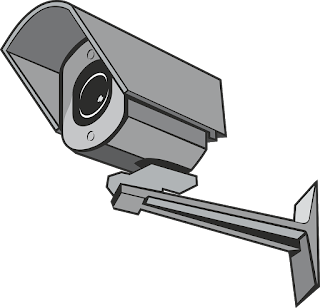One of the first steps in protecting your business from litigation is implementing a Video Surveillance Policy and ensuring that all employees are aware of the system and its purpose.
Within your video surveillance policy, you should include:
· Where cameras will be used or not used
· Where the videos will be monitored
· Who will have access to the recordings and for what purpose
· Privacy procedures for requesting recordings
· Details and policies for archiving video footage
If your business is in the private sector, the privacy commission requires that your "… need to conduct video surveillance must be balanced with the individuals’ right to privacy, which includes the right lead their lives free from scrutiny. Given its inherent intrusiveness, organizations should consider all less privacy-invasive means of achieving the same end before resorting to video surveillance."
Based on this requirement, the Privacy Commission has released a series of questions to help you decide whether or not you should implement corporate video surveillance. Check out their list below or view the entire article here.
10 things to do when considering, planning and using video surveillance
- Determine whether a less privacy-invasive alternative to video surveillance would meet your needs.
- Establish the business reason for conducting video surveillance and use video surveillance only for that reason.
- Develop a policy on the use of video surveillance.
- Limit the use and viewing range of cameras as much as possible.
- Inform the public that video surveillance is taking place.
- Store any recorded images in a secure location, with limited access, and destroy them when they are no longer required for business purposes.
- Be ready to answer questions from the public. Individuals have the right to know who is watching them and why, what information is being captured, and what is being done with recorded images.
- Give individuals access to information about themselves. This includes video images.
- Educate camera operators on the obligation to protect the privacy of individuals.
- Periodically evaluate the need for video surveillance.
We offer a variety of corporate surveillance services that will allow us to discreetly gather information and assist you in presenting unbiased facts and circumstances. We have a strict privacy policy in place, and can assist you in navigating your own privacy-related legislative requirements.
The Renwick Group has experience working with many different types of businesses and organizations providing skip-tracing, fraud investigations, WSIB support, legal team assistance, evidence gathering, employee background checks, and more. We also work with individuals who need help with personal matters. Call us at 1 (888) 722-9807 or visit our website for information.

No comments:
Post a Comment